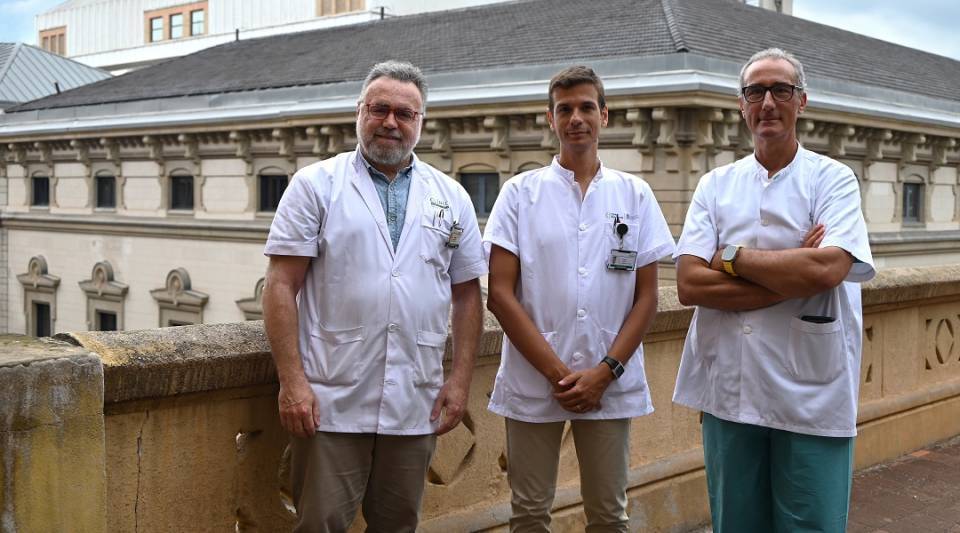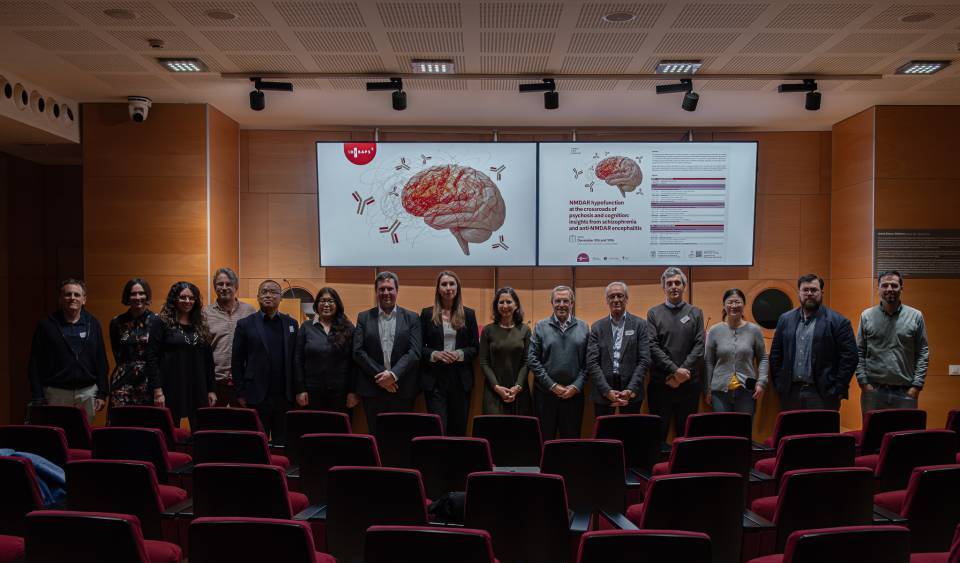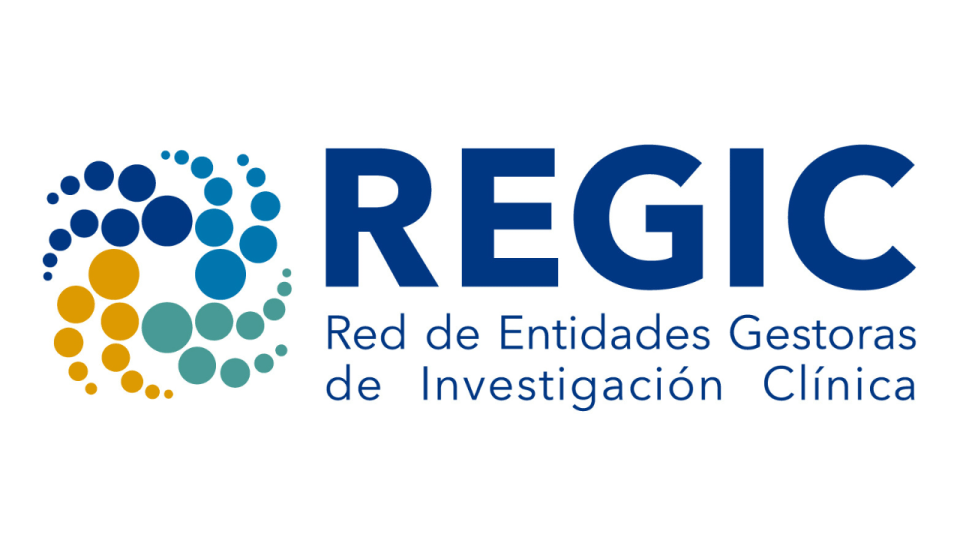Deep brain stimulation is a neurosurgical procedure that involves placing a medical device called a neurostimulator, which sends electrical impulses to specific areas of the brain via electrodes. Over 160,000 patients have been treated with this technique for different brain pathologies worldwide, mainly for neurological disorders such as movement disorders and epilepsy. “Encouraging results have also been obtained in patients with depression or obsessive-compulsive disorders who do not respond to treatment”, explains Miquel Bioque, an accredited researcher for the IDIBAPS Schizophrenia group, led by Miguel Bernardo.
Given that around 30% of people with schizophrenia and 15% of people with bipolar disorder do not respond properly to drugs, the psychiatry team at IDIBAPS-Hospital Clínic Barcelona has carried out a pilot study to evaluate the effects of deep brain stimulation as a therapeutic strategy. Led by Bioque and published by the Spanish Journal of Psychiatry and Mental Health, the study involved four patients with treatment-resistant schizophrenia and bipolar disorder. “The electrodes were placed in different areas of the brain according to the affective or psychotic symptoms presented by each case and their evolution. The characteristics of the electrical stimulation were also adapted to each patient”, points out Eduard Vieta, the head of the IDIBAPS group Bipolar and depressive disorders, the head of the Psychiatry and Psychology Service at Hospital Clínic Barcelona and the last person to sign the article.
In addition to intensive psychiatric and surgical follow-up for a year to evaluate the effectiveness and safety of the technique, the researchers monitored the patients through a mobile application and a wearable device. The app collected mood symptoms, while the device recorded physical activity and sleep patterns. “After this time, we observed a remarkable and stable therapeutic response in two of the four patients. The third showed significant relief of clinical symptoms. However, the fourth did not respond in any significant way”, Bioque says. “As a result, the maintenance electroconvulsive therapy sessions followed by the four participants could be interrupted in the three cases with a response. The good results also made it possible to reduce part of the pharmacological treatment”.

The neurosurgery team at Hospital Clínic Barcelona has more than 20 years of experience in deep brain stimulation. For the researchers, the finding constitutes initial evidence that the technique can be an effective and safe alternative to treat complex and treatment-resistant forms of schizophrenia and bipolar disorder. “This opens the door and gives hope for a group of particularly complex patients”, Vieta says. However, the study has some limitations, such as the small number of patients included, their different diagnoses and the short duration of the follow-up, which will require continuing with the line of research. “Thanks to funds from Fundació de la Marató and the Carlos III Health Institute, we are already working to expand the data”, Bioque concludes.
This study received funding from part of the bequest that the Pons-Bertran family donated to the Psychiatry Service of Hospital Clínic Barcelona.
Reference article
Miquel Bioque, Jordi Rumià, Pedro Roldán, Diego Hidalgo Mazzei, Laura Montejo, Antonio Benabarre, Joaquín Gil Badenes, Javier Tercero, Eduard Parellada, Eduard Vieta. Deep brain stimulation and digital monitoring for patients with treatment-resistant schizophrenia and bipolar disorder: a case series. Revista de Psiquiatría y Salud Mental - Journal of Psychiatry and Mental Health. Online 26 June 2023. DOI: 10.1016/j.rpsm.2023.05.001




